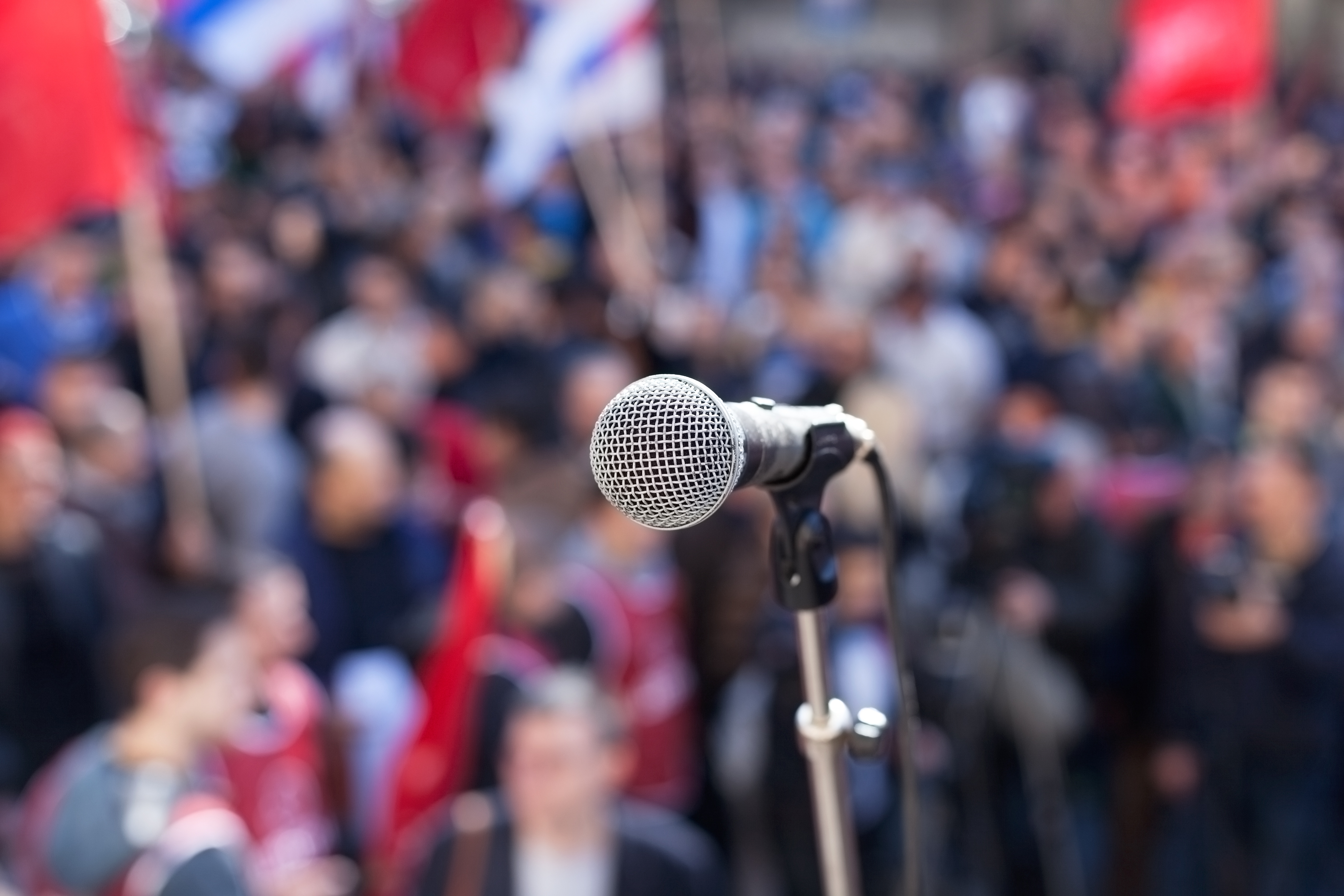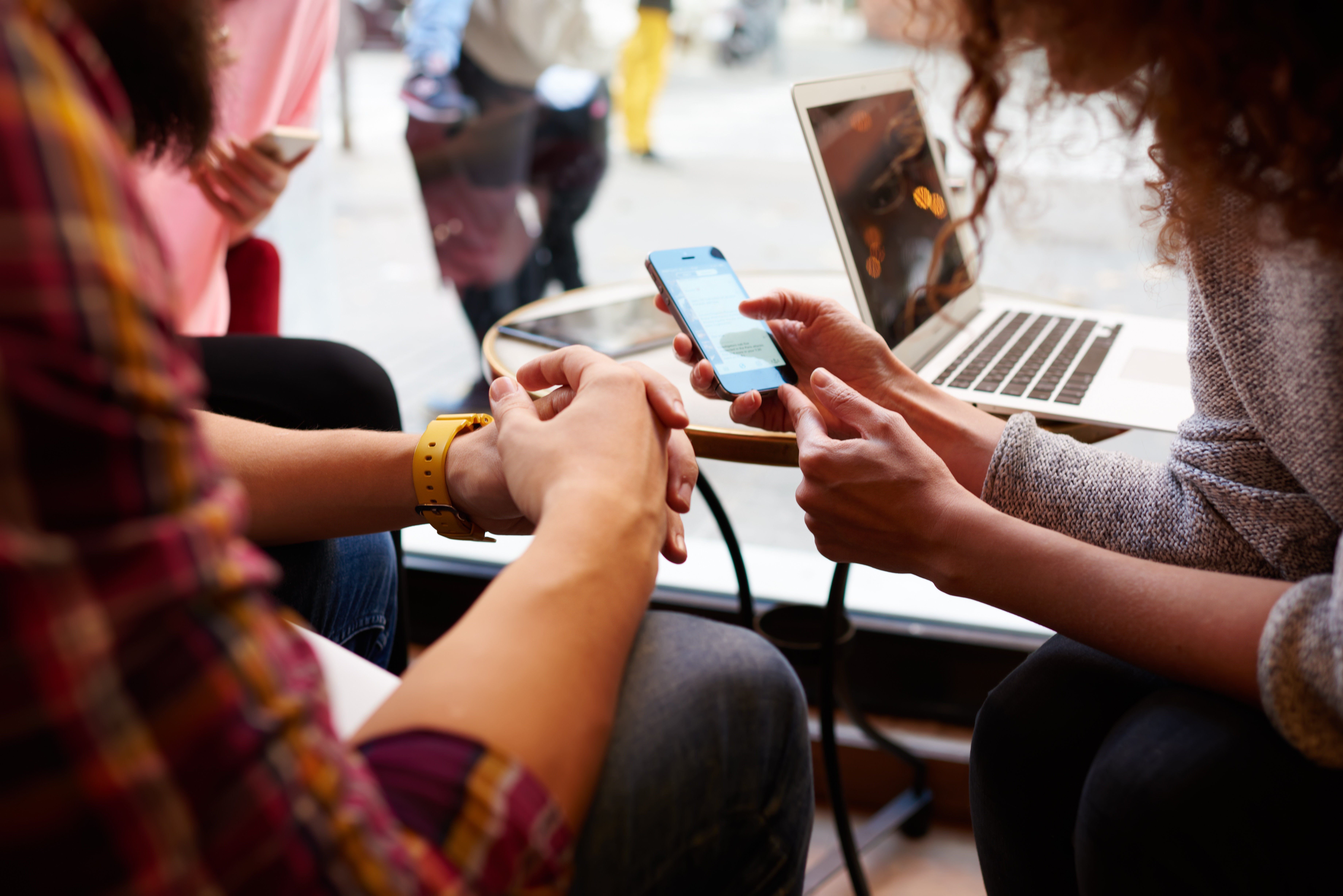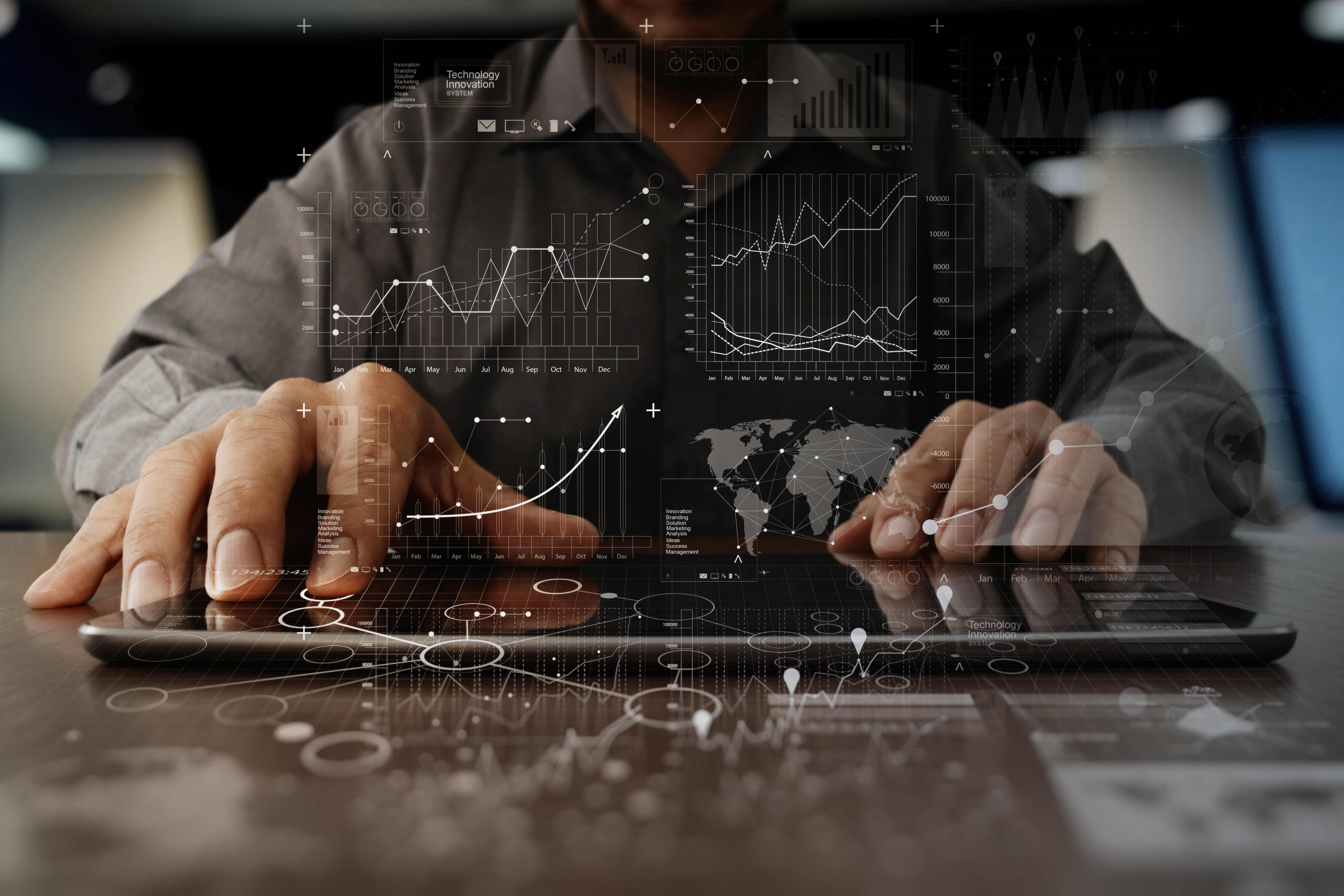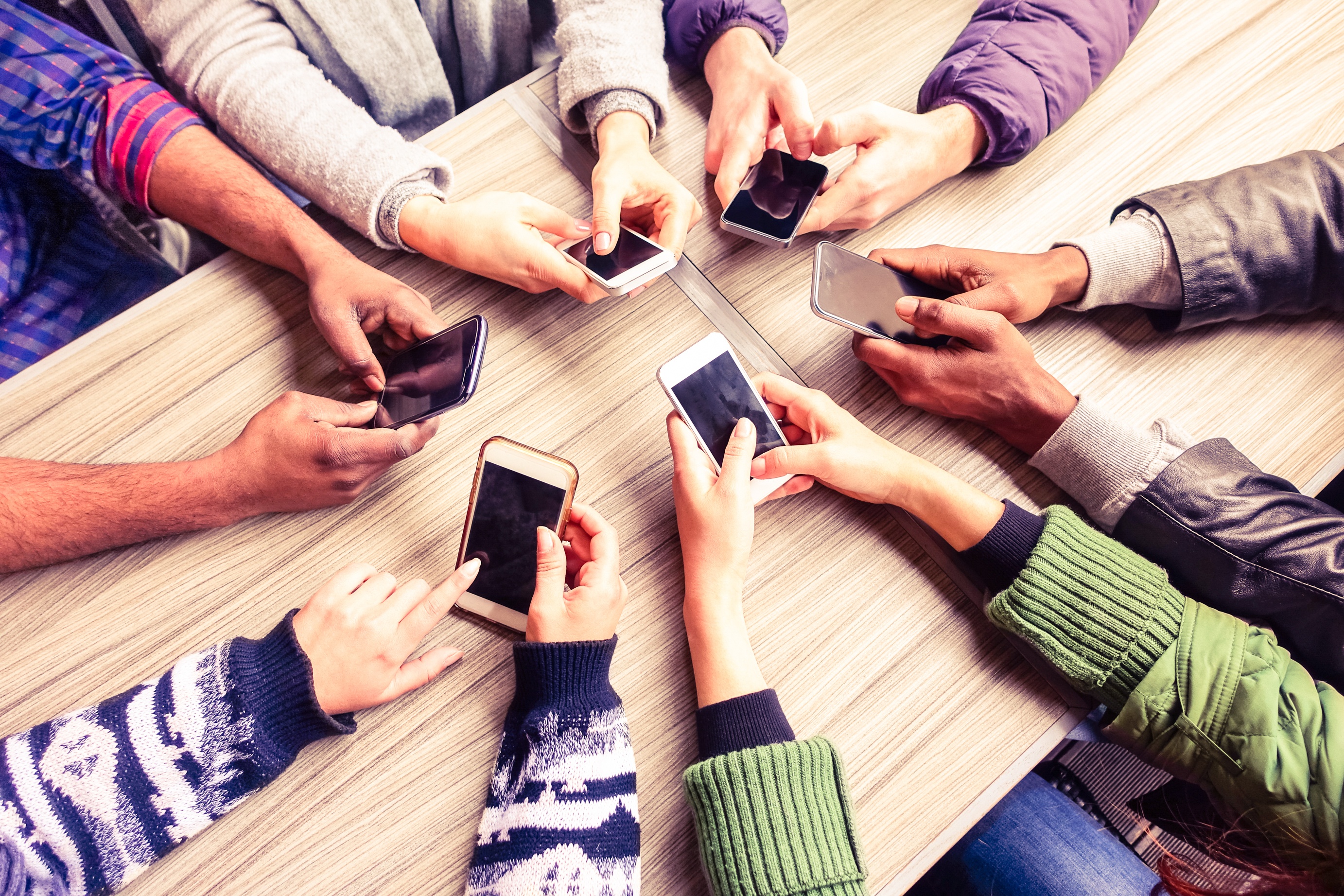
Have you noticed that in the 2018 election period the talk about voting is stronger than ever? Well, this feeling is not free or fictional.
First of all, it is because some believe that it is the most important election in the history of Mexico since 1910 when Porfirio Díaz ascended to power. This is because, in addition to electing president, there will be a change of governors, head of government in Mexico City, mayors, governings, councilors, municipal councils, senators, syndicates and local and federal deputies: there are 18,311 public positions, this is the first time that so many are chosen in one day.
Likewise, it has the largest nominal list in history: 89 million people. There will also be a record budget: 33,000 million pesos.
But this does not end here: in 2018, 12 million young people will vote for the first time, they are the so-called "millennials" and most of them don't have a defined political preference, and are also the most active in social media.
To this last and important aspect we will dedicate this article: what is the influence of social media and the digital age in general in elections? Will these be the ones that decide the fate of the elections and, therefore, of all of Mexico? Does technology facilitate or hinder the election?
The digital age, the millennials and their influence on the elections.

As we mentioned earlier, millennials will be a prevailing group in the 2018 elections, but it would be very reckless to say that they will define the result. The reason? Because of their coldness and abstention, which gives opportunity to other groups, such as those over 40, to have the last word.
Millennials are torn between their progressive, anti-racist and disruptive ideals and their carefree and hedonistic attitude. For example, they say they are committed to the environment, but not all of them stop buying products that, although they diminish their comfort, are less harmful to the environment. They say they are against Brexit, but when they have to vote, they do not go. They said they would support Hillary Clinton, but Trump ended up winning. In 2012 they said they were "132", but PRI won again.
It would be a mistake to say that all millennials are conformist or contradictory, but there are many who express their disagreements and dislikes in social media, while at the "eleven hours" of making decisions, do nothing or are weak. Could it be that millennials will learn from their mistakes this year?
In 2018, the millennials who voted in 2012 are now more "seniors", while many younger millennials will vote for the first time, having a bad perception of the government and taking into account the mistakes of their predecessors.
Given that social networks are the environment in which millennials and other population groups are informed, entertained and debate, this is where many aspects of the election be at play. What young people have expressed in social media is that they are in favor of breaking up and when they turn that "philosophy" into actions, then all their tweets and posts become determinants for any election.
The new ways of monitoring democracy.

In the last century, the only way in which the results of an election could be anticipated were surveys, but these (as now) turned out to be too debatable. Today, technological tools not only allow us to anticipate results, but they even do so transparently and with real data obtained through people's posts. On the other hand, we also have identified the elements that add "noise" to the conversation, the famous "bots" and other strategies like that. In other words, both the tools that contribute and blur the electoral process in social media are identified and ready for candidates to use.
Therefore, social media are not only tools to predict the voting outcome, but also political tools to contribute to victory: in the 2008 US elections, networks such as Facebook, MySpace, YouTube and Twitter were used by candidates to get financing for their campaigns, identify their electors, create electoral coalitions and keep people in touch with the electoral process. Those were, according to experts, the "central nervous system" of the campaigns.
Based on this claim, the analysts made some predictions for the 2012 election:
- The future political effectiveness will be based on social media because that is where the "trust filters" operate.
- Admittedly, the campaigns no longer set the tone for the electoral talks, but the networks.
- Facebook comments will be the setting for debates between candidates and citizens and, above all, only among citizens.
- The networks will create virtual opportunities for the electors to give their points of view and deliberate their vote.
- Comments from social networks will be covered and used by the news.
- Networks will be used to persuade directly.
- Networks will increase civic education for political action and the confidence of the electors.
- The information diversity dissemination and its exposure through social media will be improved.
- New opportunities will be created to increase engagement through mobile communications.
- Geolocation and behavioral advertising will allow activists to reach people effectively and efficiently.
If we put all the above in the 2018 Mexican election, we will see that the prophecies are being fulfilled and that their consequences will add one more factor to say that these are the most important elections in history since 1910.
We must add that politicians are granting interviews by trend Youtubers and that send all kinds of messages to the electors through WhatsApp. Let's not forget the fact that "Internet-based social media have made it clear that there is no longer a total concentration of knowledge in just a few hands, as it happened in the past" (Vega and Merino, 2011, p.21).
And the citizens benefit from this new scheme?

It is a fact that technology benefits politicians in the middle of so much information saturation, fake news and the inexplicable parties coalitions that were once enemies.
How is it that the digital age helps electors make an informed decision?
There are tools such as "Blind Vote", in which through a series of questions about the candidates' proposals, you will know with which one you identify the most. The most important thing about this tool is that all the questions are based on the verified, real and objective information. Of course, you can share your outcome in social networks.
On the other hand, media such as “Verificado 2018” deny or check the sayings of politicians and fake news, while Facebook launched its tool "Proposals" so that users can see easily the candidates proposals. It also committed to "download" all the fake news, probably to make it up after the Cambridge Analytica scandal and to silence the negative comments about its "alliance" with the National Electoral Institute.
The role of the "social feeling" in the election.
Feelings are not just a pretext to use emoticons in our posts, but they are the very essence of social media. Likewise, remember that humans base our decisions on feelings, therefore, this choice, like all, will be determined by these “feelings". In this way, we can say that social media = feelings = decision.
The measurement and interpretation of "social feeling" will be decisive for the outcome, that is why pages such as mexicanos2018.com collect data with positive comments from Twitter, Facebook, YouTube and Instagram to express in percentage how well people talk about the candidates.
On the other hand, a concept that has to do with feelings and cognition, and that influences the decision of the electorate, is the neuropolitics, understood as a branch of the neurosciences whose objective is to see human beings as citizens electors, not as biological beings.
Neuropolitics has to do with how perceptions (and not the objectivity) influence political decision-making. The example of this is the trolls and bots, who are dedicated to pushing agendas and particular thoughts or to counteract real information in order to manipulate public opinion. The conversations shared by these agents can distract attention, inflate a subject and make it shareable in favor of particular interests: Iván Santiesteban, web developer, found out that in 2012 20,000 bots were used before the electoral day to favor the current winner (the so-called "Peñabots").
The next digital step in favor of democracy: Blockchain.
.jpg?width=6016&name=shutterstock_411942079%20(1).jpg)
Alt text: Social media and elections
Distrust in politicians begins from the moment that Mexicans express distrust in the electoral process, however, technology can represent a hope for democracy.
Do you know what Blockchain is? This concept refers to a chain of blocks. Imagine a train where each car is linked to the previous one in a unique and unrepeatable way. Each information added to the chain is like adding a new car, which has a unique identity of 256 characters. But remember that each car is linked to the other in a unique and unrepeatable way, that's why all cars are related to each other, making the chain unique. When someone wants to add a new car to the train, all those who already created and added cars to the chain validate it and create a backup of it; therefore, when someone wants to alter a block, there are other copies that automatically indicate that the data is incorrect.
The blockchain is the technology used behind cryptocurrencies, so it is not possible for you to "copy and paste" virtual coins to make yourself rich. The aim with blockchain is to be used to guarantee the validity of elections in countries such as Mexico, among others. This would ensure that electors are the same people who are going to vote, but for this, a government agency would have to create a digital identity for citizens. This digital identity (a car) would be related in a unique and unrepeatable way with the ballot (the other car) so that there is no fraud, double identity, vote buying or duplicity.
At the time of counting, blocks could also be generated by vote and, in turn, blocks by boxes, so that they do not "get lost" when they are sent to the INE.
On the other hand, blockchain would save us millions of pesos in ballot impressions and ballot boxes. Unfortunately, we are still a long way from this technology to be implemented in Mexico.
Conclusion
As you could tell, both social media and technology are two-edged weapons in terms of elections, and we are not only talking about the elections, but also those we make every day of our lives.
Understanding their operation and taking advantage of them in your favor or to provoke some good in society is possible, as long as you approach experts who solve all your doubts and work together with you on a strategy that allows you to achieve your business goals.
Let's talk about it. Come to us to advise you.

